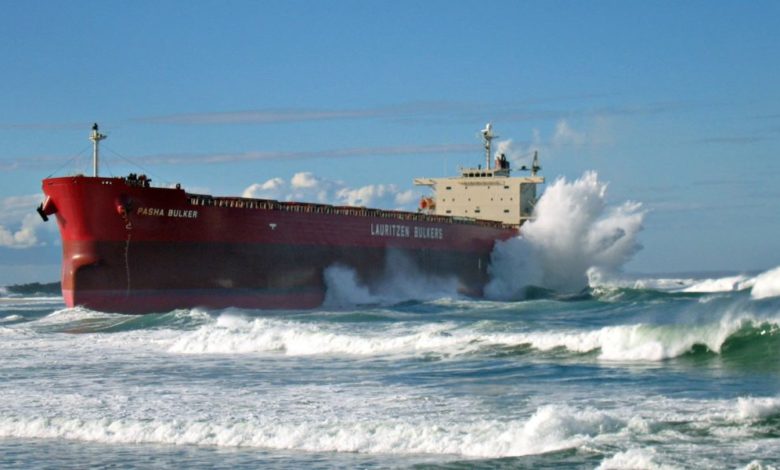
Seafaring remains one of the world’s most dangerous professions, according to a major new report, which surveyed 147,000 people in many different jobs across the world.
According to Lloyd’s Register Foundation’s latest World Risk Poll Focus On report, 25% of ocean workers report having experienced harm from their work in the past two years, compared to 18% of other workers – the highest level recorded among any sector polled (see chart below).
Despite high rates of harm, too few ocean workers have received occupational safety and health (OSH) training. Over two thirds (68%) of ocean workers said they never have, while only a quarter (25%) have received recent training in the last two years.
Lloyd’s Register Foundation also found that ocean workers have experienced more harm from severe weather than any other group of workers. One third (33%) of ocean workers reported having personally experienced serious harm from severe weather in the last two years, compared to 20% of other workers. These statistics reflect the fact that, unlike many in the general workforce, ocean workers face direct exposure to the increasing intensity of severe weather events, from storms to unpredictable ocean conditions.
Professor Maximo Mejia, president of the World Maritime University, commented: “Seafaring and commercial fishing have traditionally been recognised as the world’s most hazardous occupations. Aside from already challenging conditions that have perennially been associated with shipboard life, our ocean workers face new and even more serious risks brought about by climate change. The World Risk Poll provides us with important and updated data and evidence that should inform any policy designed to protect not only our ocean workers, but the planet itself.”
Chirag Bahri, international operations manager at the International Seafarers Welfare and Assistance Network (ISWAN), and a former seafarer, added: “In addition to the harsh weather, ocean workers have to deal with a variety of internal issues which lead to anxiety and stress, such as loneliness, working with a diverse and international crew, and being physically separated from their loved ones. This study emphasises that ocean workers are also subject to quiet storms in the form of insufficient training and fear of job loss. Their wellbeing is just as important as the work they do, so they should receive better training that helps to promote their occupational health and safety. The global economy depends on their resilience and power, and in order to safeguard the environment and humanity, we must adopt sustainable solutions.”
- 中山市发改局关于继续施行《中山市分布式光伏发电项目建设管理暂行办法》的通知
- Dynacom bolsters suezmax orderbook in China
- Poland sends derelict Russian tanker for demolition
- Ventyr为挪威海上风电场选择变电站承包商
- DHL确认收购VLCC
- Seafaring remains one of the world’s most dangerous professions
- 关于耒阳市遥田哲桥片光伏发电项目110千伏送出线路工程核准变更的批复
- K Line teams with Provaris in hydrogen carrier drive
- Ningbo Ocean Shipping ramps up fleet expansion
- 2025年5月份全社会用电量同比增长4.4%




